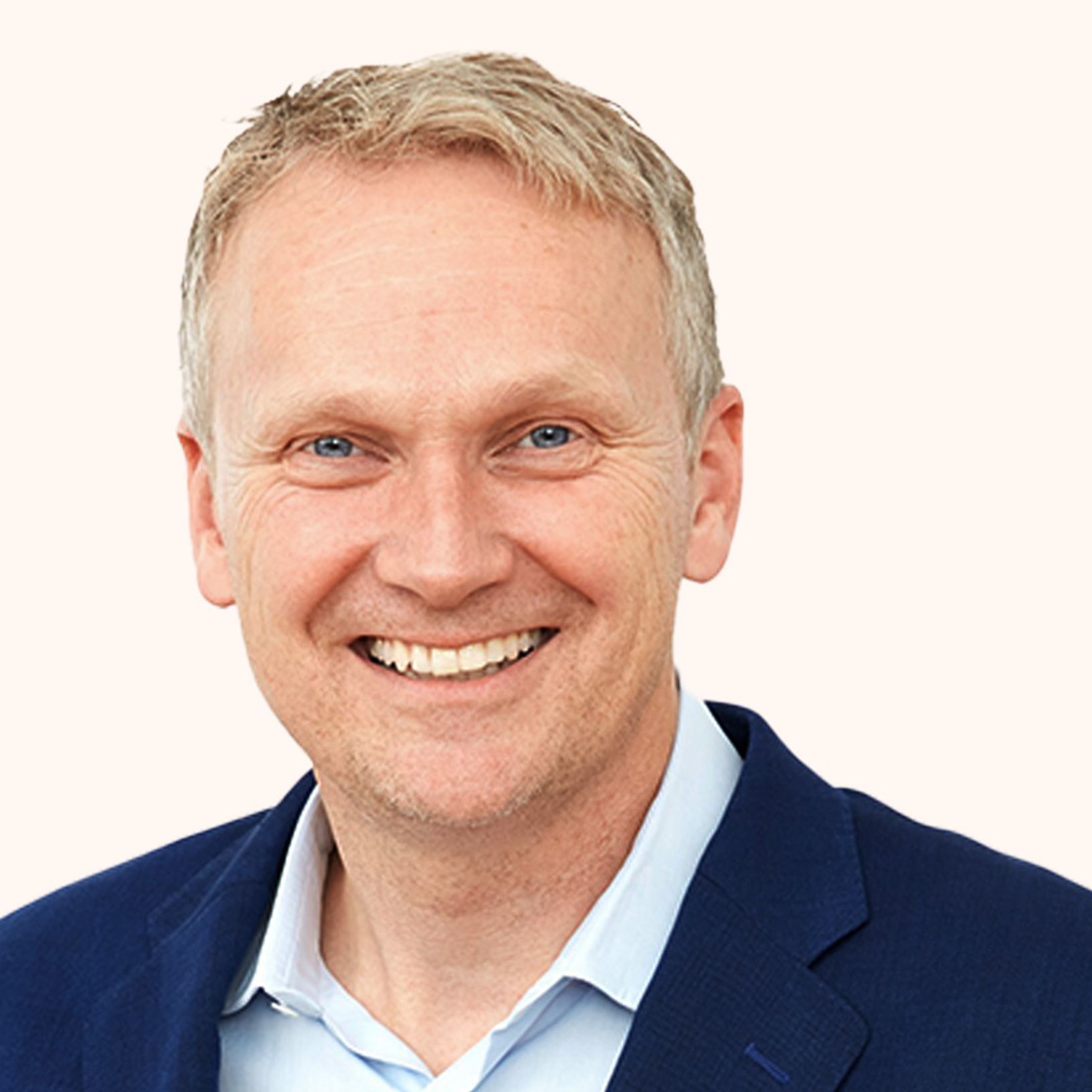Peter Beske Nielsen: Private Wealth is the Next Great Frontier


With wealth increasingly shifting towards individual investors, it's only natural for private equity to follow suit.
If you think about the generation of wealth globally, there's a clear shift happening. Wealth creation is moving from traditional pension funds and state pensions to individual investors. There is no doubt in my mind that this trend will shape the financial landscape over the next 15 to 30 years – in ways we probably can’t yet even imagine.
Markets like Asia, where wealth is rapidly increasing, are particularly noteworthy as we, in private equity, aim to access this growing pool of capital for the first time.
The private equity industry has grown substantially over the last 5-10 years. Initially, it was straightforward to engage with large pension funds through one-on-one conversations about collective pension schemes. However, as the industry has expanded, the need to tap into new sources of capital has also grown.
In Western countries, the state is gradually stepping back from providing pensions to individuals, resulting in a reduced pool of state-provided capital. In contrast, regions like Asia-Pacific (APAC) do not have the same concept of occupational pension funds. Consequently, the wealth in these areas shifts quickly from state-managed to individual savings. This divergence creates an exciting opportunity for private equity to engage with individual investors.
We often refer to three pillars of wealth generation:
Pillar one – State pensions
Pillar two – Workplace pensions
Pillar three – Individual savings.
Depending on where you are in the world, the shift from pillars one and two to pillar three is accelerating and will continue to do so over the next few decades.
The regulatory landscape has also evolved to accommodate this shift. Regulators have recognized the need for individual investors to participate in private markets. In Europe, for example, regulations like the DLT (distributed ledger technology) initiative have facilitated this access. However, this shift also requires private equity firms to lower the barriers to entry for individual investors, making it more convenient for them to invest in private markets. This regulatory and operational shift is essential for integrating private equity investments into individual portfolios.
“To make private equity accessible to individual investors, we must maintain the same institutional rigor and performance standards. This means adapting our operational platform to be more convenient for individual investors.”
It's a complex undertaking. The infrastructure around private equity investments must be robust, which means educating both individual investors and the advisers who guide them. There’s a whole ecosystem that needs to be upgraded to accommodate these changes.
Despite the buzz around this shift, the actual capital raised from individual investors is still relatively small. For instance, the average allocation to private equity by individual investors, through their wealth managers, is only about 3-5%. In contrast, some institutional investors allocated up to nearly 50% of their portfolios to private assets in the same year. There’s a long way to go before individual investors reach similar levels of participation.
To make private equity accessible to individual investors, we must maintain the same institutional rigor and performance standards. This means adapting our operational platform to be more convenient for individual investors. The shift involves moving from traditional 10-year lockup structures with drawdowns to more open-ended structures that provide periodic liquidity. This change is significant and requires a fundamental shift in how we operate.
The eventual winners in this space will be those who deliver outstanding performance consistently and make access to this performance convenient for individual investors. This involves simplifying the process, similar to how mutual funds and ETFs operate today. Performance remains paramount, as it is the license to operate in the private market space.
At EQT, we are wholeheartedly embracing this shift toward private wealth. We are committed to developing a platform that meets the needs of individual investors without compromising on our investment process or philosophy. This involves adapting to local regulatory regimes and ensuring that our operational platform can accommodate these diverse requirements.
According to a report by Preqin, private equity allocations in private wealth management portfolios are expected to grow significantly in the next few years. This aligns with our strategy to make private equity more accessible and beneficial for individual investors. Additionally, private equity investments have historically outperformed public markets, with buyouts generating an average net internal rate of return (IRR) of 14% over the past decade.
Furthermore, the high-net-worth (HNW) segment alone is on pace to exceed $100trn in available assets by 2024. According to Oliver Wyman, ultra-high-net-worth (UHNW) exposures to private capital are expected to reach $24trn globally by the end of 2024.
It’s an exciting time for private equity. We have the opportunity to bring the benefits of private market investments to a broader audience, helping individuals achieve their financial goals.
In conclusion, the shift toward individual investors in private equity represents a significant transformation in the industry. It’s a journey that requires careful navigation of regulatory landscapes, adaptation of operational platforms, and a steadfast commitment to delivering top-tier performance. At EQT, we are excited by the opportunity to make private equity more accessible for people globally.
Peter Beske Nielsen joined EQT Partners in Copenhagen in January 2021 and is Head of Global Wealth Solutions and Evergreen Strategies. Prior to joining EQT Partners, Peter was from 2006 to 2021 a Managing Director at BlackRock working in a number of roles and countries, most recently as Global Head of Alternatives distribution based in New York and EMEA Head of the Strategic Partner Program. In the 15 years at BlackRock he worked in the New York, London and Copenhagen offices and was a member of a number of leadership committees such as the Human Capital Committee, Global Operating Committee and the EMEA Steering Committee. Peter holds a Master of Law degree from the University of Copenhagen and a MBA degree from the University of Bath. From 2000 to 2004 Peter was a M&A Lawyer at Bech Bruun Law Firm in Copenhagen
ThinQ by EQT: A publication where private markets meet open minds. Join the conversation – [email protected]




